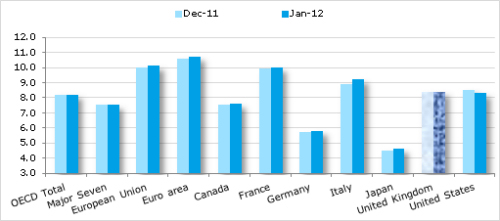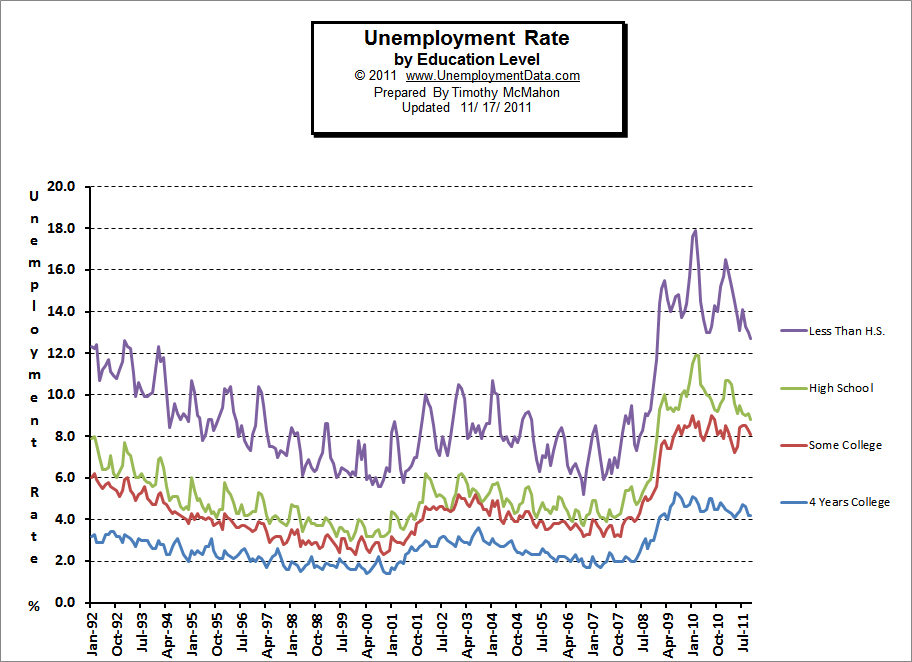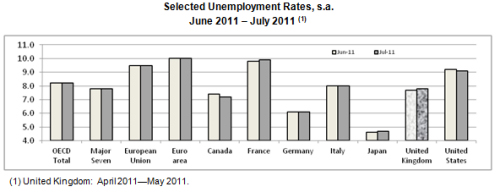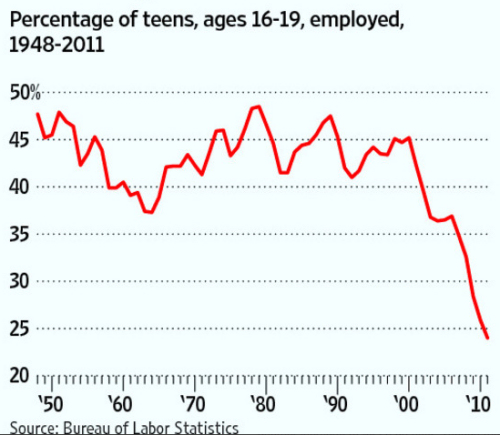Editor’s Note:
In the U.K. unemployment insurance is called redundancy insurance and it is available from private insurers. In the U.S. although there is State Unemployment Insurance it is difficult if not impossible to find supplemental (private) unemployment insurance although John Hartline, an insurance industry veteran, tried to get insurance companies to provide it, as reported in this article from the N.Y. Times. ~Tim McMahon, editor
Redundancy Insurance :
As the news tells us on an almost daily basis, the employment market is more fragile now than it has been for a long time. The current economic crisis sees no signs of abating and more companies are going into administration than we have ever known before which has resulted in over 2.51 million currently being unemployed in the UK (source:office for national statistics).
During such troubled times, one of the primary concerns that all of us have is how we would support ourselves and our dependents should the next company in crisis be ours.
This risk applies to small businesses and large corporations alike and the fear of loosing financial security for ourselves and our families is going nowhere.
The Introduction of Redundancy Insurance

Redundancy cover has been created in direct response to the uncertainty in the employment market specifically to protect the income levels of individuals who are [Read more…] about How Redundancy Insurance Can Help You Cope With the Risk of Unemployment

 Purchasing a home has long been a big financial undertaking. For many, the thought of a looming home loan becoming more and more swollen with interest over the next 20-30 years isn’t exactly the most alluring aspect of having your own hearth to decorate each holiday. In short, it’s a decision you can drag your feet to make; combine that with the fact that the market is currently tipped in favor of buyers who have more time and reduced pressure to find a quality, affordable home without fear of their options disappearing. In this buyer’s market, families looking for a new home know they have the luxury of more and better options when it comes to financing and overall home prices and they’re taking their time. According to CNN Money, home prices are down on a national average of 34% (although
Purchasing a home has long been a big financial undertaking. For many, the thought of a looming home loan becoming more and more swollen with interest over the next 20-30 years isn’t exactly the most alluring aspect of having your own hearth to decorate each holiday. In short, it’s a decision you can drag your feet to make; combine that with the fact that the market is currently tipped in favor of buyers who have more time and reduced pressure to find a quality, affordable home without fear of their options disappearing. In this buyer’s market, families looking for a new home know they have the luxury of more and better options when it comes to financing and overall home prices and they’re taking their time. According to CNN Money, home prices are down on a national average of 34% (although 



